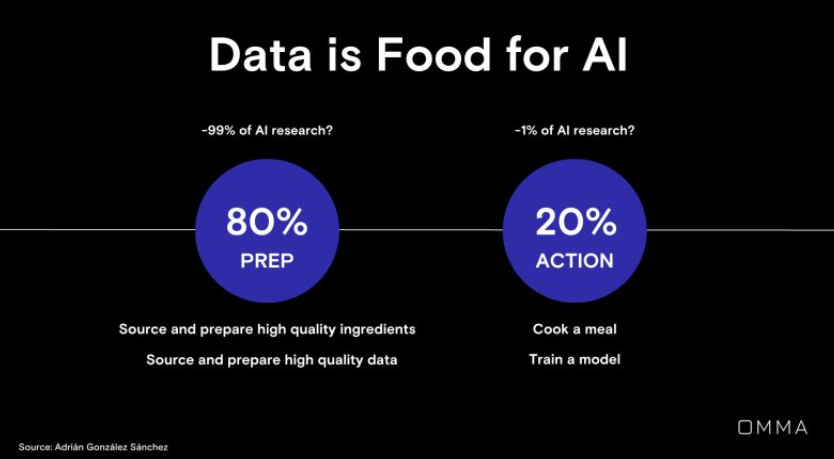The 10 Strategic Technology Trends for 2024 According to Gartner
Gartner anticipates that these 10 trends, each of which falls into one or more categories, will influence many business and technology decisions over the next 36 months. Your business goals will determine which ones you plan to leverage and when.
1.Trust, Risk, and Security Management in Artificial Intelligence
(AI TRiSM)
Artificial intelligence has become a strategic cornerstone for many businesses, but its success relies on efficient management. The active implementation of AI TRiSM not only propels projects into production but also enhances the accuracy and consistency of models. Effective trust and risk management become paramount in this ever-evolving technological landscape.
2.Continuous Threat Exposure Management (CTEM)
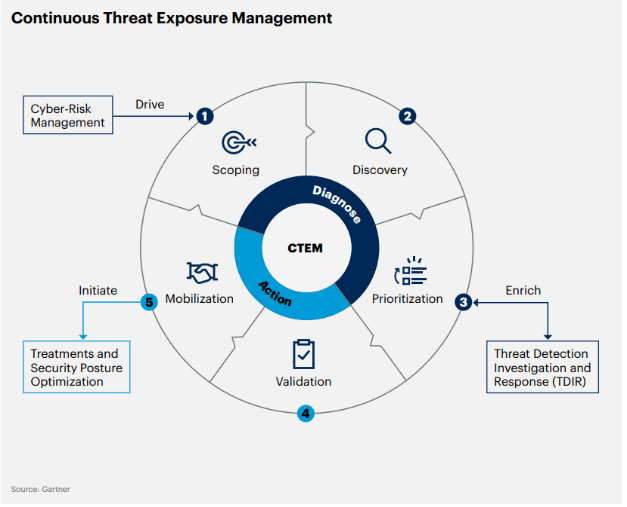
Security is a constant battlefield, and CTEM emerges as a strategic approach that aligns threat assessment with specific business projects. This methodology not only addresses correctable vulnerabilities but also those that cannot be fixed. In an increasingly complex digital world, continuous threat exposure management stands out as an indispensable guardian.
3. Sustainable Technology
The imperative of sustainability strongly resonates in technological trends. From mitigating natural risks to strengthening corporate behavior, sustainable technologies pave the way toward enhanced global performance. In a world that demands responsibility, technology emerges as an indispensable ally in building a sustainable future.
4. Platform Engineeringy
Optimizing developer experience and accelerating the delivery of business value are at the core of platform engineering. This practice not only eases the cognitive burden on developers but also enhances the retention of key talent. In an environment where innovation is key, platform engineering stands as an essential facilitator.
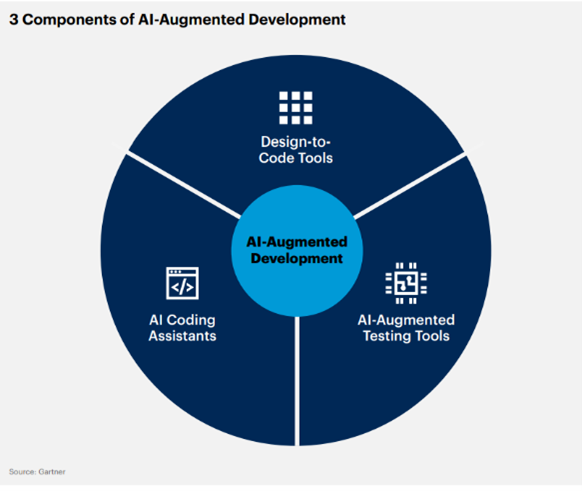
5. AI-Augmented Development
The synergy between development tools and artificial intelligence is redefining how we create software. These tools not only efficiently generate application code but also enable development teams to address the growing demand for software. AI-assisted software engineering is the catalyst for more agile and efficient development.
6. Cloud Platforms for Industry
Industry Cloud Platforms (ICPs) offer a tailored approach to the specific needs of each organization. These platforms provide adaptability and agility, enabling IT leaders to respond to accelerated disruption in their respective industries. The key lies in the ability to (re)compose differentiating offerings in a constantly changing business environment.
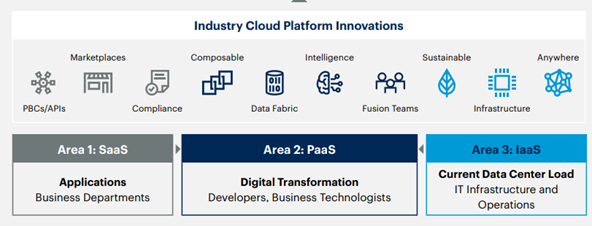
7. Intelligent Applications
Generative intelligence propels the evolution of applications, providing valuable insights within the user experience. These data-infused applications not only enhance decision-making but also personalize the user experience for superior outcomes. In a world where data is the new gold, intelligent applications are the crown jewel.
8. Democratized Generative Artificial Intelligence
The democratization of generative artificial intelligence holds revolutionary potential. This trend has the power to transform business competition, automate tasks, and make information accessible through natural language conversation interfaces. The democratization of information and skills emerges as a crucial facilitator for widespread innovation.
9. Augmented Connected Workforce
In a world where digital skills are the new asset, the Augmented Connected Workforce emerges as a strategic approach to accelerate the acquisition of new skills. Digital tools reduce the time needed for new employees to reach competence, creating a smarter and more agile workforce. High-quality data becomes the essential fuel for this workplace revolution.
10. Human and Machine Customer Behaviors
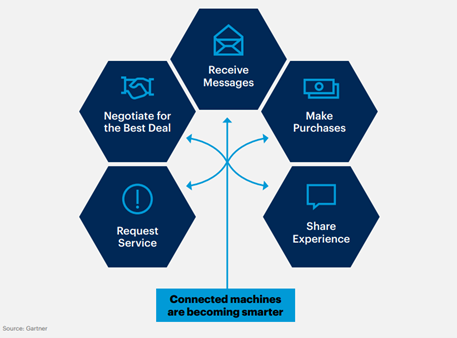
The convergence between humans and machines ushers in a new era where businesses can create their own customers. Connected products become potential customers, impacting trillions of dollars in purchases by 2030. In this exciting journey toward the future, data quality emerges as the cornerstone that underpins this unique convergence.
In conclusion, these technological trends outline a future filled with possibilities and challenges. However, on this journey toward innovation, it becomes evident that the need for quality data is unavoidable. It is quality data that will drive artificial intelligence, security, sustainability, and connectivity, creating a solid foundation for business transformation. To propel the future, data stands out as the most valuable asset. Its reliability is imperative.
